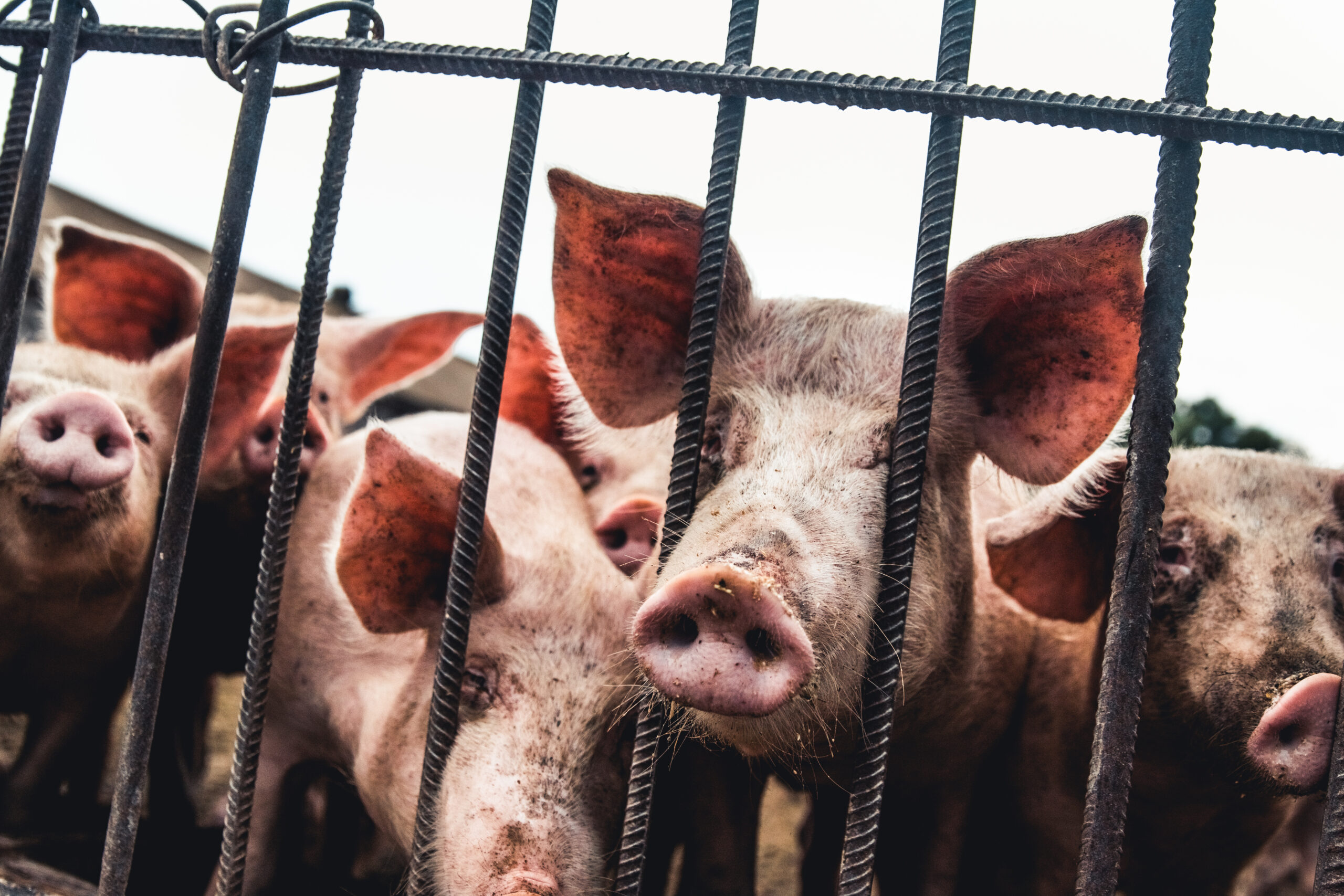All meat? No meat? When it comes to sustainable production and the future of the food industry, the solution could lie somewhere in between. Enter hybrid meat, a blend of cultivated and plant-based meats. The concept of hybrid meat has emerged as a sustainable compromise to the ongoing debate about meat consumption.
Cultivated and Plant-Based Meats
Cultivated meat is not raised traditionally on farms but is rather grown in labs. UPSIDE Foods, a California-based company, received FDA approval for its chicken grown from animal cells, which marked a significant milestone for slaughter-free meat in the US. The company is set to scale up its production, hinting at the future potential of cultivated meats. However, it might take some time before cultivated meat becomes a mainstay item in grocery stores.
Plant-based meats, on the other hand, are often derived from pea or soy proteins and mimic the taste and texture of conventional meats. Despite their environmental advantages, some challenges remain. Cost and taste are among the significant barriers for many consumers, especially those used to traditional meat. Not to mention the various recalls that have affected plant-based meats in recent years.
Related: Simple Planet: South Korean Cultivated Meat Company Gears Up for Global Market Entry
The Rise of Hybrid Meat
Combining cultivated and plant-based meats can potentially lower costs and increase consumer acceptance. The mixture uses the mass-produced plant proteins with the essential ingredients needed for cultivated meat production. With environmental and health concerns on the rise, hybrid meat provides a balanced solution that aligns with these values.
The financial feasibility of hybrid meats is an essential factor in their broader adoption. Combining plant-based proteins, like soy and pea, which are produced at lower costs, with more expensive components like animal cells, amino acids, serums and other nutrients essential for cultivating meat, could significantly drive down costs.
As more consumers prioritize their diet due to concerns like climate change, animal welfare and personal health, hybrid meats also present an opportunity for them to uphold these values while simultaneously reducing their environmental impact.
The world’s population is growing, and alternative protein sources like hybrid meat could help address potential shortages. There’s also the challenge of environmental and disease risks associated with conventional farming. The push for sustainable and safe alternatives has never been more relevant.
Israel-based Steakholder Foods predicts that the first wave of commercial meat products is likely to be hybrids. In a landmark move, Dutch company Meatable and Love Handle in Singapore have committed to investing in the world’s first hybrid kitchen and innovation center. Their goal? To introduce a range of hybrid meat products to the market within the next few years.
Safety Concerns: A Double-Edged Sword
While advocates of hybrid meat and its components tout its safety benefits, some concerns remain. A comprehensive analysis conducted by the Food and Agriculture Organisation of the United Nations (FAO) and an expert panel from the World Health Organization (WHO) identified 53 possible health risks.
According to the report, the findings revealed potential health issues such as contamination from heavy metals, microplastics and nanoplastics, allergens from additives used to enhance flavor and texture, chemical contaminants, toxic substances, antibiotics and prions.
The report emphasized the importance of closely examining the specific materials, inputs, ingredients, potential allergens and equipment integral to the production of cell-based food. But since the industry is still in its infancy, more research is required to conclusively determine the safety and sustainability of lab-grown meat.
So, while cultivated and plant-based meats present promising alternatives to traditional meat, hybrid meat could bridge the gap between these two worlds. As research continues and the market evolves, the role of hybrid meat remains an exciting prospect to watch.












Join or login to leave a comment
JOIN LOGIN